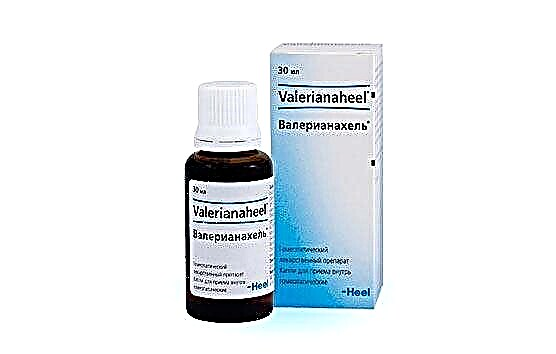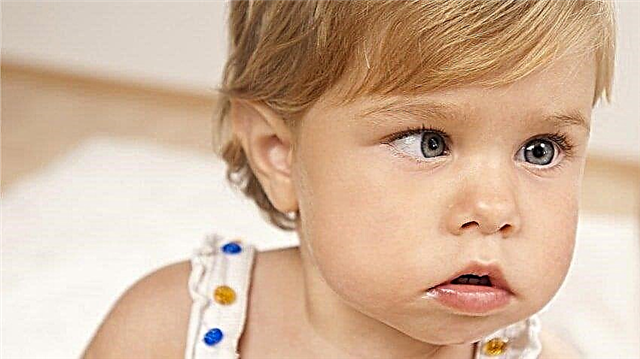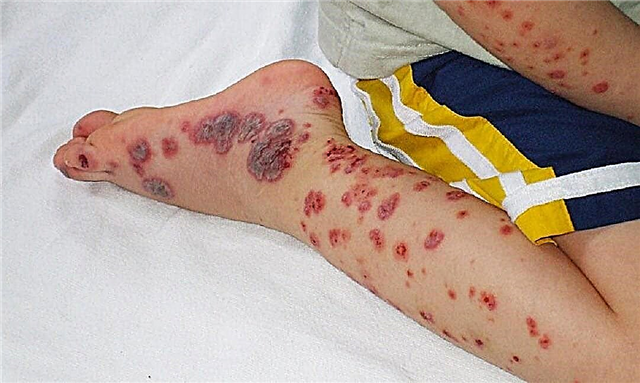
Fruits appear in the diet of infants in the first year of life after the introduction of vegetables and cereals into the children's menu. Usually, the first fruit that a baby under a year gets acquainted with is an apple. After that, parents want to give the crumbs and other fruits, knowing about their benefits for the growing body. At what age can you give a toddler a taste of such an exotic fruit as kiwi?

Benefit
Despite its small size, kiwi is a source of valuable vitamins as well as minerals. This fruit is especially rich in vitamin C and potassium. This exotic fruit is rich in B vitamins, beta-carotene, fiber, pectins, magnesium, retinol, vitamin D, organic acids and many other useful substances. By consuming kiwi regularly, you can:
- Increase resistance to infections and viruses.
- Improve heart function.
- Eliminate constipation and normalize digestion.
- Strengthen the vascular walls.
In addition, kiwi serves as an excellent prevention of kidney stones and cancer. Due to its low sugar content, this fruit can be consumed with diabetes. Such a large number of positive properties makes kiwi a necessary fruit in the children's diet, if you follow the terms and rules for its introduction.

Harm of an exotic fruit for babies
Since kiwi is a fruit that does not grow in our latitudes, it should be tried very carefully in childhood.
First of all, the fetus is dangerous with the risk of allergies. According to all pediatricians, this fruit is contraindicated for babies under six months old. To acquaint the toddler with such exoticism should be much later. But even if the time allowed by pediatricians is observed, kiwi should not be given to children with diseases of the digestive tract, hypotension, diarrhea and kidney disease.
Caution for children with allergies
A 2003 British study found kiwi to be a major hazard to allergy-prone babies. The risks of developing a reaction to this exotic fruit are especially high in children under 5 years of age.
Of the three hundred people who took part in the study, there were 80 children. The condition of two thirds of children after the first sample of kiwi has worsened. Three babies even ended up in the hospital.
The symptoms of kiwi allergy were swelling of the tongue, dermatosis of the pharynx and shortness of breath, and in the most difficult cases, anaphylactic shock. Fortunately, no deaths were reported. On the basis of this study, allergists advise parents to be more careful with the introduction of kiwi into the children's diet, treating this fruit as a highly allergenic product.

From how many months (years) should you add to your diet?
As we have already noted, kiwi, like other fruits, are not given to babies who are not yet six months old. At the age of 6 to 12 months, most pediatricians do not recommend giving kiwi for testing. One-year-old children who have not noticed a tendency to allergies can be given a small amount of kiwi. Then you should follow the reaction of the crumbs to the fruit.
But many doctors do not recommend the use of this exotic fruit at the age of 1-3 years. If parents run the risk of introducing kiwi into the menu of kids of this age, then one or two plates of fruit or 1-2 teaspoons of kiwi puree are considered acceptable no more than 1 time per week.
From the age of 3, you can familiarize your baby with kiwi without fear. The allowed amount of fruit is half of the fruit. They give it either whole after cleaning, or grind it in puree. You can also squeeze juice from kiwi and mix with any other juice. At the same time, three-year-old children should not get carried away with an exotic fruit. Give kiwi to babies 3 to 5 years old only once a week.

Children who are already 5 years old are allowed to eat a whole fruit a day by doctors, but they still do not recommend eating it more than once or twice a week.

You can make natural kiwi popsicles. See the recipe in the Family Kitchen video.
Komarovsky's opinion
A well-known pediatrician advises against giving fruit food until the child has at least one tooth. On average, this occurs at the age of 8 months, but even such children Komarovsky does not recommend giving such exotic things for our area as kiwi, along with mango and avocado. The popular doctor calls a regular apple the best choice for the first fruit feeding.
Tips for choosing a quality fruit
It is best to buy kiwi for kids in the store, not in the market. To select a good kiwi, press down slightly on the fruit with two fingers. If you have ripe fruit in your hands, it will be soft. A fruit that is too hard is more likely to be unripe. But you should not buy too soft kiwi, because this is evidence of overripe.
After pressing, evaluate the kiwi by its appearance:
- Ripe fruit will have a pleasant citrus-like scent.
- The fruit should be quite firm to the touch.
- A sweet, ripe kiwi will have a firm, smooth skin. At the same time, the "hairiness" of the fruit has nothing to do with its quality, but depends on the variety.
- The color of the fruit is also determined by the degree of maturity and the variety.
- When pressing on the place of the stalk, the juice should not stand out.

You should not buy kiwi if its skin is dry and wrinkled, there are damp spots, cracks or traces of mold on the surface of the fruit. If you purchased an unripe kiwi, leave it to ripen at room temperature, away from the sun and heat sources.
To speed up ripening, place the fruit in a paper bag with a banana, pear or apple already in it. Ripe kiwis are best kept refrigerated to prevent over-ripening.
Find out if your child's weight is normal using the following calculator.



